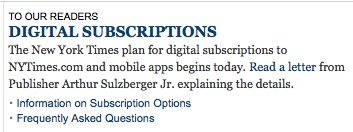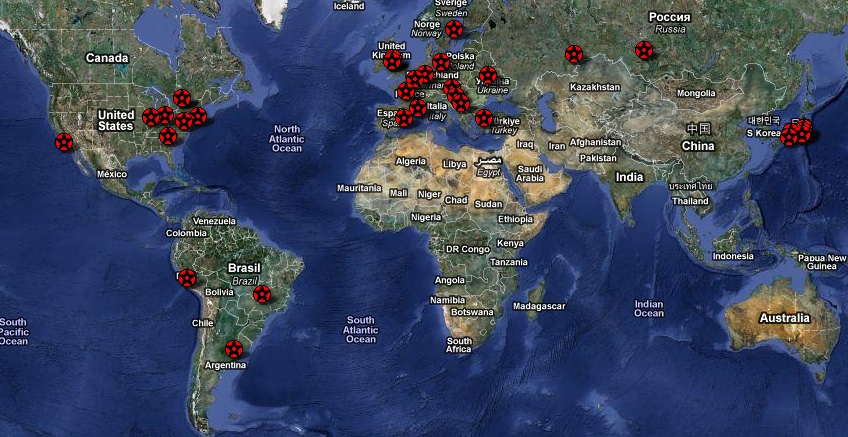This morning’s Observer column.
Way back in 1996, the distinguished American journalist James Fallows published Breaking the News: How the Media Undermine American Democracy
, a remarkable study of the pernicious effects of broadcast television on democracy.
Among the phenomena he examined were the relentless trivialisation implicit in soundbite politics, the obsessive insistence that every political issue – no matter how complex – has only two sides and the tendency to treat every political controversy as if it were a football game and every election a horse race. But, en passant, Fallows also highlighted an equally disturbing trend – towards market-driven news: that is, news agendas that are driven not by some professional assessment of what's important and relevant, but by research into what viewers like and respond to. Put crudely, such an approach leads to news programming that plays down politics and economics in favour of coverage of crime, celebrity and sport. News-U-Like, as it were.
Earlier this month, Fallows decided to revisit this territory by embarking on a study of contemporary online news media…


